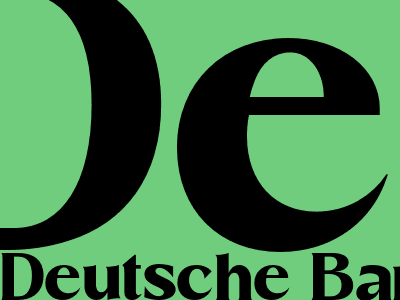
Deutsche Bank Extends Remote Work Until 2025
CEO Christian Sewing Embraces Flexible Work Arrangements
Deutsche Bank AG, one of the world's leading financial institutions, has made a bold move by extending remote work for its employees until 2025.
Sewing's Vision for a Hybrid Workforce
According to Deutsche Bank CEO Christian Sewing, the decision to extend remote work reflects the bank's commitment to employee well-being and flexibility. The bank aims to create a hybrid work model that allows employees to enjoy a better work-life balance while maintaining productivity.
Under the new policy, Deutsche Bank employees will have the option to work remotely up to 50% of their time until 2025. This flexible arrangement empowers employees to choose the work environment that best suits their needs, whether it's working from home, the office, or a combination of both.
Benefits for Employees and the Bank
The extension of remote work is expected to bring numerous benefits to both employees and the bank. For employees, it offers increased flexibility, improved job satisfaction, and reduced commuting time and costs.
For Deutsche Bank, the hybrid work model is seen as a way to attract and retain top talent, foster innovation, and optimize real estate costs. The bank believes that providing flexible work arrangements will give it a competitive edge in the increasingly competitive financial industry.
Embracing the Future of Work
Deutsche Bank's decision to extend remote work is a significant step forward in the evolving landscape of work. The bank is embracing the future by recognizing that flexibility and employee well-being are crucial factors in creating a successful and motivated workforce.
The extension of remote work until 2025 sets a precedent for other financial institutions and businesses to follow. It underscores the growing importance of flexible work arrangements and the recognition that employees value a healthy work-life balance.